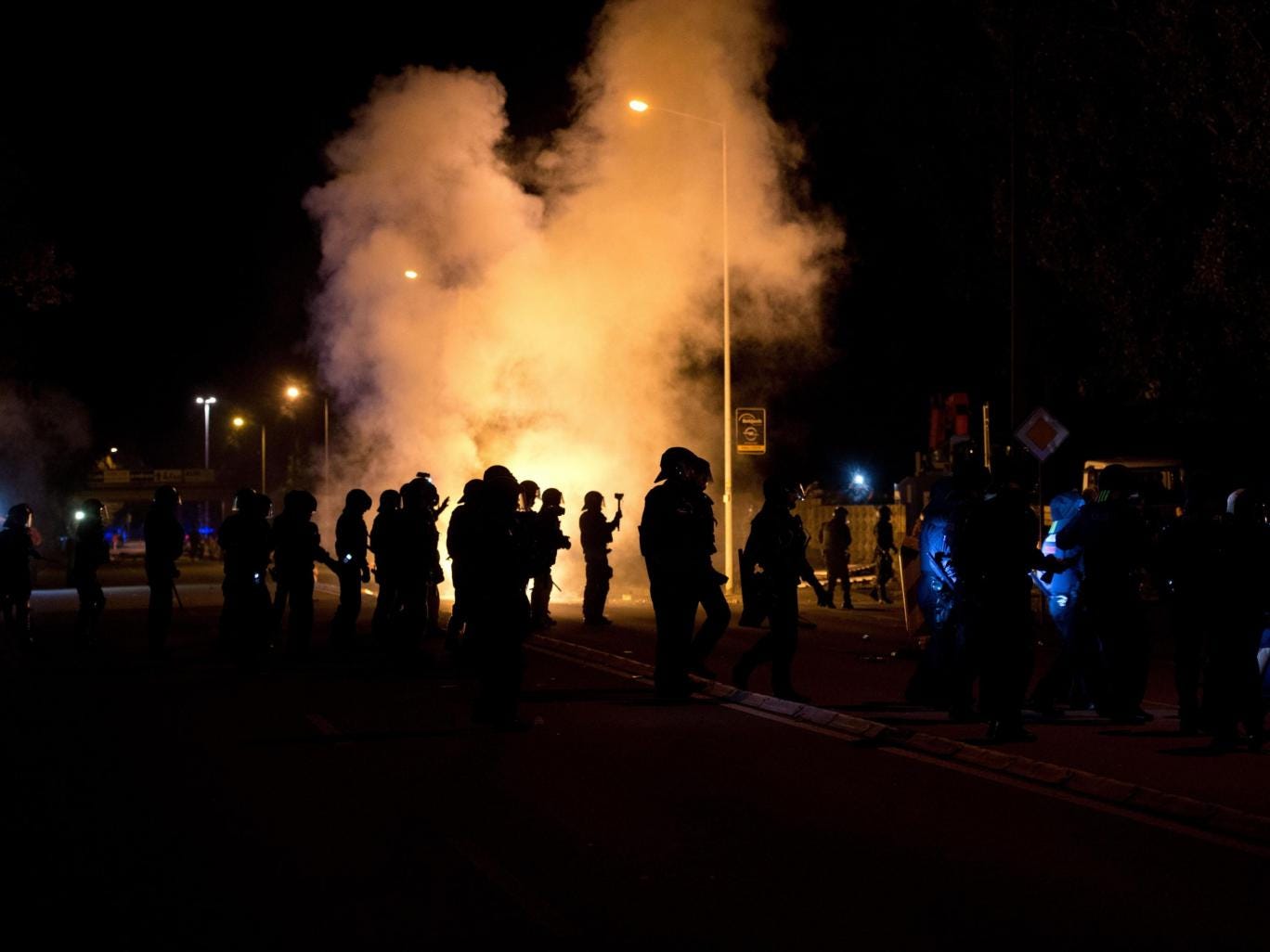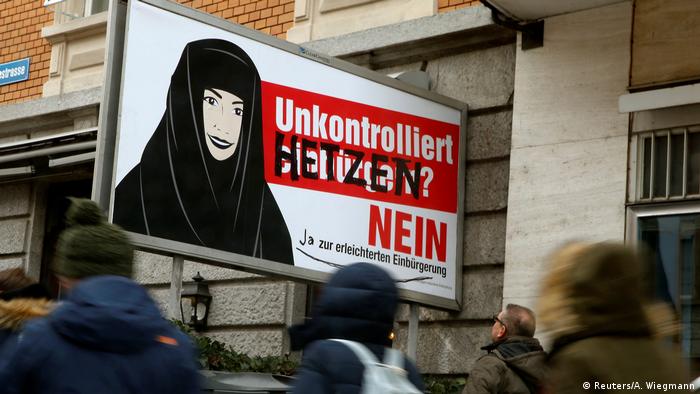By Sarah Lafen
Impunity Watch Desk Reporter, Europe
STOCKHOLM, Sweden — Amidst heightening tension with Russia, Sweden reintroduced conscription, or compulsory military service. The draft, which has not been active since Sweden abolished the 109-year practice in 2010, will be implemented on a gender-equal basis. In 2010, after suspending conscription, Sweden adopted a voluntary recruitment system.

Peter Hultqvist, Swedish Minister of Defense, called the move a “response to the new security situation” in Europe. Hultqvist cited Russia’s annexation of Crimea, the conflict in Ukraine, and increased military activity in Europe as some of the triggers behind the decision. Though it is not a member of NATO, Sweden is strengthening its ties with the organization. Sweden is also strengthening its military cooperation with Finland.
The new draft will aim to ensure there are 6,000 full time members, and 10,000 part-time members. According to Marinette Nyh Radebo, spokesperson for the Ministry of Defense, men and women born between 1999 and 2000 will undergo testing on July 1 to see if they are eligible for the draft. The goal is to gather 13,000 men and women in the correct age category and have them undergo physical and psychological tests. Recruits will then participate in their first military exercise on January 1, 2018, and will spend nine to eleven months in training before they choose whether to continue in the military, or join as a reserve soldier.
This is the first time that Sweden will include women in the draft. There will not be a quota system to ensure an equal ratio between men and women, however the “gender equal” policy should ensure there will be an increase of women in the armed forces. Sweden’s gender-neutral policy will mirror that of Norway’s, which features one of the only gender-neutral military forces in the world.
17-year old Sofia Hultgren told reporters that others her age view military careers as old-fashioned. However Hultgren welcomed the revival of conscription, and said she would consider participating in training activities even though she might not want to make it a career. Hultgren thinks conscription “can give a feeling of comfort” and believes that it will strengthen Sweden’s defense.
Sweden is not alone in reinstituting conscription. In 2015, Lithuania reinstituted the draft, and the Ukraine did the same in 2014.
For more information, please see:
The Atlantic — Why Sweden Brought Back the Draft — 3 March 2017
CNN — Sweden Reintroduces Conscription as Tensions Rise over Russia — 3 March 2017
The New York Times — Sweden Reinstates Conscription, With an Eye on Russia — 2 March 2017
Reuters — Sweden Returns Draft Amid Security Worries and Soldier Shortage — 2 March 2017


